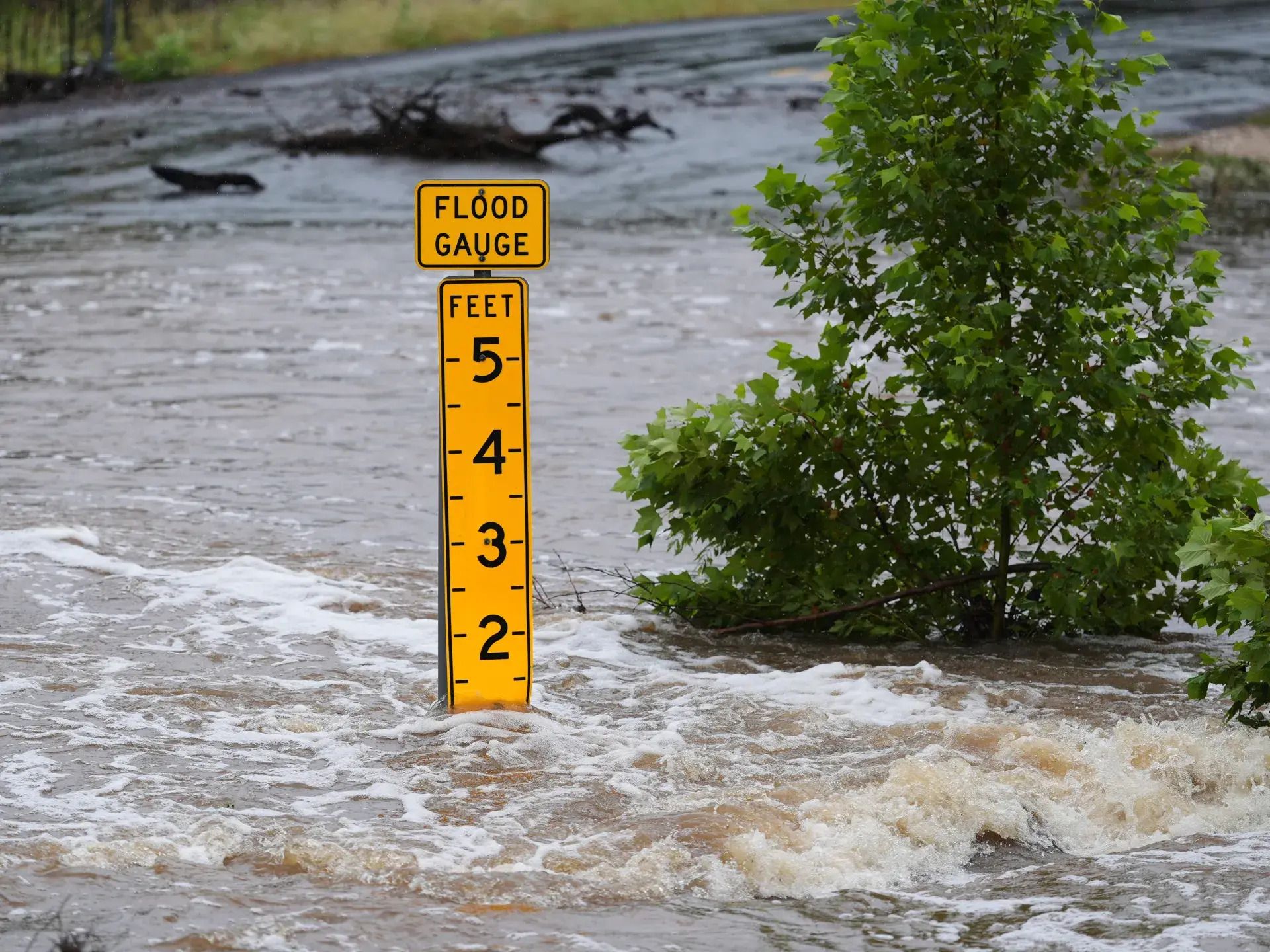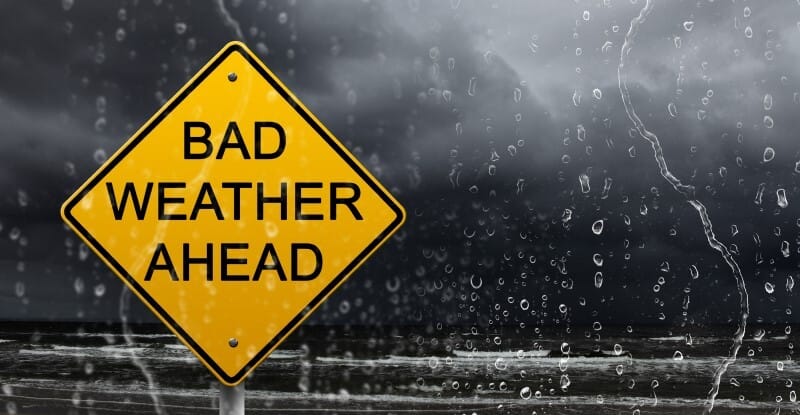- Yoga Society
- Posts
- Meta is handing out $100M bonuses for AI talent
Meta is handing out $100M bonuses for AI talent
Plus: What's a cat bond?

PHOTO: Meta
News: Silicon Valley’s new sport? Recruiting AI “superathletes.” It’s giving startup Olympics. Meta is reportedly offering up to $100 million per person to recruit top AI researchers—yes, you read that right. The goal? Outrun competitors like OpenAI and Google in the race to build artificial superintelligence.
It’s wild money and wilder ambition. Critics are raising questions about ethics, safety, and whether any one company should be leading this charge. But for now, the AI arms race is fully on.
If this sounds like a sci-fi script, same. But it’s real—and moving fast.
Smart Investors Don’t Guess. They Read The Daily Upside.
Markets are moving faster than ever — but so is the noise. Between clickbait headlines, empty hot takes, and AI-fueled hype cycles, it’s harder than ever to separate what matters from what doesn’t.
That’s where The Daily Upside comes in. Written by former bankers and veteran journalists, it brings sharp, actionable insights on markets, business, and the economy — the stories that actually move money and shape decisions.
That’s why over 1 million readers, including CFOs, portfolio managers, and executives from Wall Street to Main Street, rely on The Daily Upside to cut through the noise.
No fluff. No filler. Just clarity that helps you stay ahead.

Tech: ChatGPT went down again—here’s what to know
If your brain short-circuited mid-email draft this week, you weren’t alone. OpenAI’s full suite—ChatGPT, GPT API, and Sora—glitched hard for hours.
The company confirmed the outage but didn’t give many details, leading to lots of chaos, memes, and nervous devs refreshing dashboards. It’s also reigniting bigger convos about tech dependency and what happens when AI goes dark.

PHOTO: ABC Affiliate KSAT via Reuters
News: 15 major climate disasters—and it’s only July. We’re not even halfway through summer, and the damage is already overwhelming. Hurricanes, floods, fires; 2025 is breaking records for all the wrong reasons.
This year, the U.S. has already experienced 15 separate billion-dollar climate disasters. Fifteen. And we’re only halfway through the year. That includes everything from wildfires to flash floods, record heatwaves to powerful storms. Each one causing immense damage, displacing families, and shaking already-vulnerable communities.
The financial toll is massive over $134 billion globally so far, with most of that hitting here at home. But beyond the numbers are people trying to rebuild: the farmers watching crops drown, the families who’ve lost homes, the kids who aren’t going back to school this fall because their towns are underwater.
It’s easy to feel numb when the headlines keep piling up. But this isn’t just “bad weather.” It’s a wake-up call. And it’s not just about policy or politics—it’s about real people, real places, and how we choose to care for each other when the systems around us are stretched thin.
If you're feeling helpless, that’s normal. But small actions matter:
Donate to local disaster relief efforts.
Check in on friends and family in impacted regions.
Stay informed—and vote for leaders who take climate seriously.
And if you’ve been personally affected, we’re holding space for you. Rebuilding is slow, painful, and deeply human. You’re not alone.

Finance: In a world where billion-dollar climate disasters are happening monthly (see: floods in Texas, wildfires in California, heat domes across the South), even investors are getting nervous. Enter: catastrophe bonds—aka “cat bonds.”
Here’s how they work: They’re a type of insurance-linked security, where investors front money to help insurers cover losses from disasters like hurricanes, wildfires, or earthquakes. But here’s the twist, they only get paid back if those disasters don’t happen during a certain timeframe. So if the storm hits? The money goes to relief efforts instead. It's essentially a high-stakes bet on stability, in an increasingly unstable world.
In 2025 alone, over $18.1 billion in new cat bonds have been issued, a record-breaking number. Funds like the ICM Catastrophe Bond Fund and Lloyd’s of London-backed climate portfolios are pulling in billions from investors who want both profit and protection.
Why it matters: This isn’t just finance nerd stuff. It’s a signal. When the biggest names on Wall Street start moving billions around climate disaster, it tells us something:
They believe extreme weather is now the norm, not the exception.
They’re finding ways to profit from it, while the rest of us try to stay afloat—literally and financially. You don’t need to be a hedge fund to care about cat bonds. But it’s worth watching where the money flows. Because where the money goes? Policy, response, and media attention often follow.
And while billionaires hedge against hurricanes, everyday people are still losing homes, jobs, and peace of mind. So if it feels like the climate crisis is everywhere, it’s because it is. On our doorsteps, in our headlines, and now... on Wall Street.

PHOTO: Food Network Kitchen
Recipe: If you’re looking for a quick weeknight dinner that feels a little fancy without the stress, this Sweet and Sour Glazed Shrimp is it. Juicy shrimp get tossed in a sticky-tangy glaze made from pantry staples like honey, soy sauce, and rice vinegar, with just enough heat to keep things interesting. It comes together in under 20 minutes and hits that perfect balance of bright, bold, and deeply satisfying. Serve it over rice or greens—or eat it straight from the pan while standing in your kitchen, no judgment.bs.

